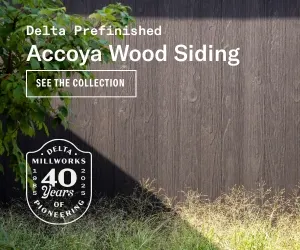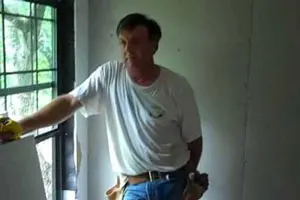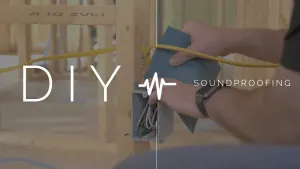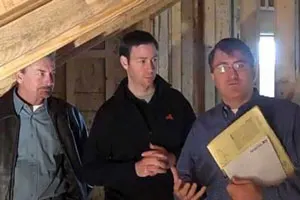Choosing a Sound Batt Insulation
Unwanted sound is noise we’d rather not hear. Sources include the external environment your home or condo may be exposed to, for example: traffic, airplanes, sirens from emergency vehicles, lawn equipment and that sort of thing. Internally generated noise, like TV, family members in conversation or on the phone, appliances like a dishwasher or a washer/dryer, and HVAC noise can be equally distracting and difficult to control. While your teenager may delight in online gaming sound effects, the rest of the family may want to be sheltered from loud repetitive beeps and explosions.
Depending on where the noise originates, you may want to soundproof an exterior or interior wall, a garage, a floor, a window, a door, or even an entire room.
There are all kinds of soundproofing tactics, including:
- soundproofing drywall, which claims to be as effective as eight layers of standard drywall
- mass loaded vinyl, originally developed to be hung around noisy machinery in industrial settings
- acoustical sealant, permanently flexible caulk for drywall seams, around electrical boxes, recessed lighting, windows, doors, and the joints between floors and walls; and
- underlayments made of foam, cork, rubber, rubber cork or felt, all designed to fill and soften flooring so footsteps can’t be heard below.
But it’s insulation that provides the most effective noise reduction results. Sound batt insulation comes in a few forms. Mineral wool, Rockwool, fiberglass or cellulose. It’s designed to fit between wall studs to fill up airspaces that are vulnerable to sound transmission.
Some folks tout the soundproofing properties of fiberglass and it can be an alternative to mineral wool, but it’s definitely expensive and a lot less pleasant to install. Cellulose insulation, made from recycled paper, is often used to insulate attics and sidewalls. While it’s easy to install because it can be sprayed into hard-to-reach spaces, it can create a lot of dust and requires expert installation. Mineral wool combines excellent sound absorption and fire retardant qualities, and the best mineral wool has some of the highest Noise Reduction Coefficient ratings of any insulation on the market. This chart offers a comparison of various sound batt insulation products.
4 Factors to Consider
Effective soundproofing has four components. Decoupling means separating walls and ceilings into layers that will decrease sound transfer. When mass is added to floors, walls, or ceilings, sound waves can’t pass through as easily. Damping means sound can’t vibrate from one layer to another and travel within a room or to another. Insulation absorbs sound waves, and as a result it can not only prevent sound travelling from one room to another, it can also improve the acoustics within a room.
Dense but porous, ROCKWOOL soundproofing batts reduce the movement of heat and cold and absorb sound waves and vibrations. Heavier density mineral wool insulation provides optimum sound absorption.
How To Use It
When building or renovating, take soundproofing considerations into account and make sure you’ve got soundproofing batts installed in walls, ceilings, and between floors. Rockwool’s Quiet Rock uses pre-bonded double sheets attached with acoustical sealant around the perimeter. As one carpenter says, “the product works.” The friction fit between the studs allows for modular installation that “speaks to a carpenter’s mind.” And Rockwool is both fire and water resistant.
Conclusion
When deciding how to soundproof an area of your home, consider the size of the area, do some research on price and effectiveness, choose your material, and go with the highest possible mass you can afford (and that your floors, ceilings, and walls will bear).
You’ve got lots of options. But if you want a cost- and noise-effective solution that uses recycled materials designed to last 100 years, Rockwool’s soundproofing batts are the way to go.
For more Rockwool soundproofing tips, check out some of my past videos on the topic.
View sound insulating properties in this video: https://www.youtube.com/watch?v=sjNcNDvf9HQ

 Share on facebook
Share on facebook Tweet
Tweet Email
Email Share on Linkedin
Share on Linkedin











